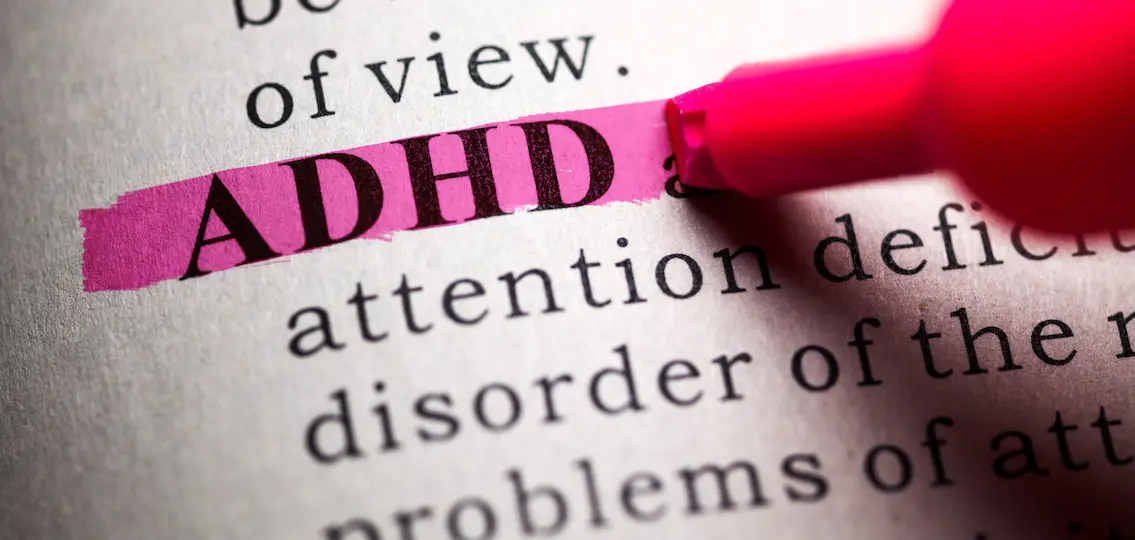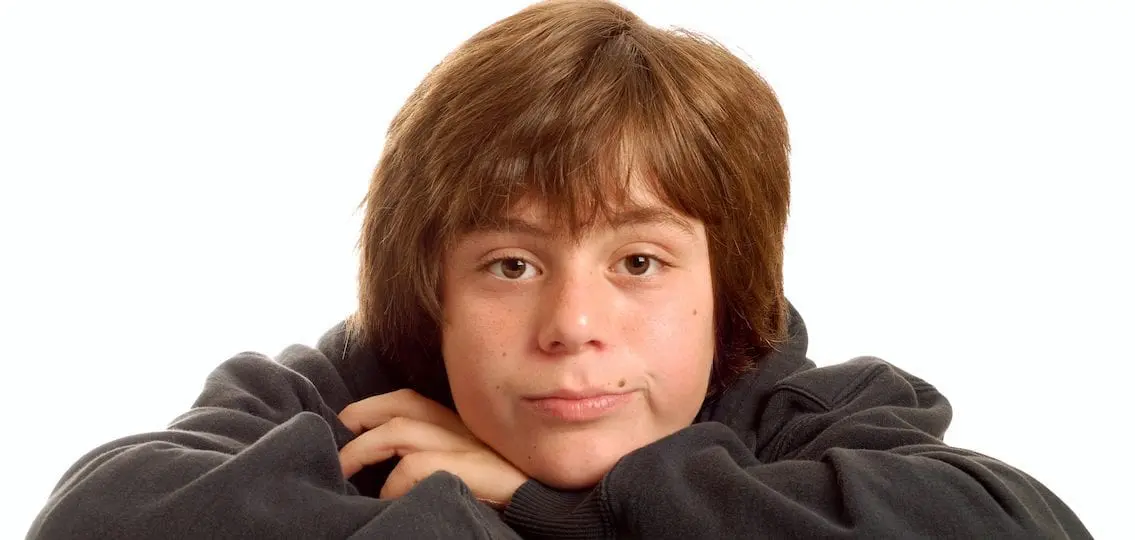When my daughter had her first panic attack as a freshman in high school, I was unprepared for the journey we were about to embark on. The attack happened as she was getting up to perform. But she’d been performing since she could walk, so the timing of it made no sense.
I thought the whole thing was an anomaly, a result of my high achieving daughter putting too much pressure on herself to succeed.

I was wrong.
Searching for Answers
As she continued to have panic attacks, followed by near-paralyzing anxiety, we would search for answers. Eventually we discovered that she suffered from Attention Deficit Disorder (ADD), something we had already dealt with years earlier with her younger sister. Something we never dreamed our older daughter would struggle with as well.
My younger daughter’s difficulties began with both academic struggles and daydreaming that kept her from connecting in the classroom. This combination of classic symptoms quickly led us to a diagnosis of ADD. It was easy to recognize and we found it early, so once she entered high school she knew how to manage her ADD.
Not a Typical Diagnosis
[adrotate banner=”98″] Not so with my older daughter, who was always ahead of the curve in all milestones for development and education. Learning had always come so easily for her and she had never needed to put in much effort in order to do well. So we were at a loss when her anxiety started, wondering if it was puberty, the transition to high school, or something else.
Her anxiety attacks were followed by her grades dropping.
Teachers reported she was a capable student who did well in class but whose work was turned in late or went missing altogether.
At first, we blamed her academic problems on her social life. We grounded her repeatedly until the kid was barely seeing the light of day—and she still wasn’t turning in her work. I cringe when I think about it now.
She started sleeping more and lost interest in her friends and her extracurricular activities. We became concerned enough to seek help from our pediatrician, who diagnosed her with both depression and anxiety. How could our formerly happy go lucky, high achieving, bubbly daughter be struggling with depression?
As we worked to get her depression under control, her 5-year-old brother was diagnosed with Attention-Deficit/Hyperactivity Disorder (ADHD). His psychiatrist pointed out that knowing our younger daughter had ADD had made his ADHD easier to diagnose, as ADD tends to run in families.
With that, a light bulb went on for us. Could our firstborn be struggling with the same thing? Her pediatrician immediately sent her for a full workup and soon after she was diagnosed with ADD.
She had flown under the radar for so many years because she was so strong academically.
She hadn’t needed to study to succeed and there was minimal homework until high school. It simply hadn’t taken much attention for her to do well.
High school honors and AP classes brought greater demands and she needed to work harder to succeed. She couldn’t focus her attention in class and she had almost no organizational skills. Managing multiple teachers, courses, and extracurriculars left her lost. She couldn’t cope anymore.
Add our reaction—we thought she was being lazy and choosing not to succeed—and she really spiraled downward. She started to believe that narrative about herself because we didn’t realize undiagnosed ADD could be the issue.
While the diagnosis meant new obstacles, it was also a relief because we were already familiar with ADD strategies and solutions.
What I Wish I Had Known
I wish I had known that ADD can present in older kids.
Or that two million high schoolers are diagnosed with ADD each year.
Despite the fact that I hold degrees in both regular and special education, I still believed most students are diagnosed by the end of elementary school. I didn’t realize high achieving students like my daughter can struggle with ADD until it’s no longer possible for them to manage.
We spent so much time chasing the wrong solutions because we just didn’t know the facts.

Fortunately, we were able to find the right treatment for our daughter, which included medication. The panic attacks subsided and her academics improved greatly over time. She now understands how her brain works and knows how to use coping strategies to manage stressful situations. We’re watching her learn to navigate the world in a new way. I’m so grateful we found the answer, because getting an accurate diagnosis of ADD has made all the difference for our girl.





